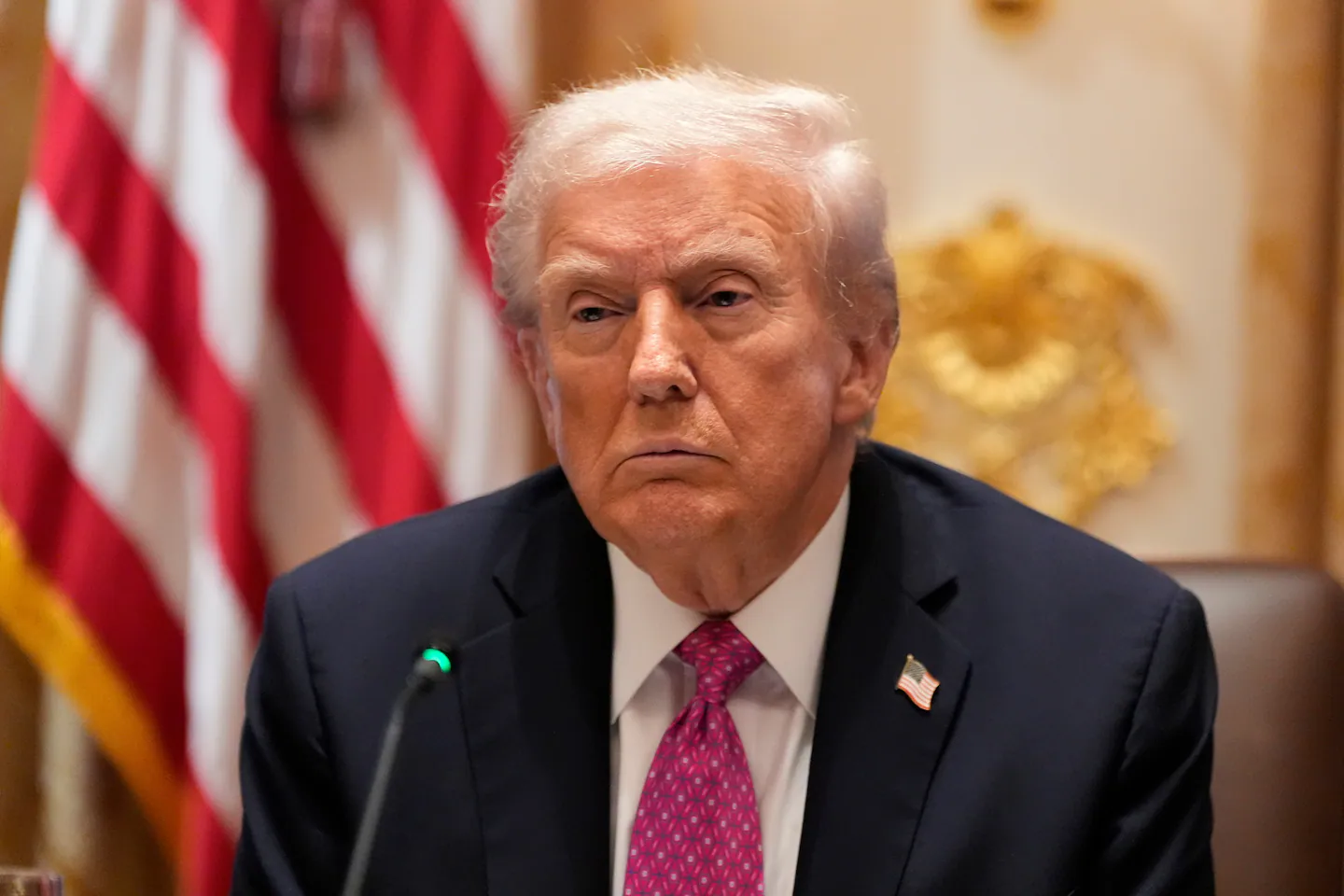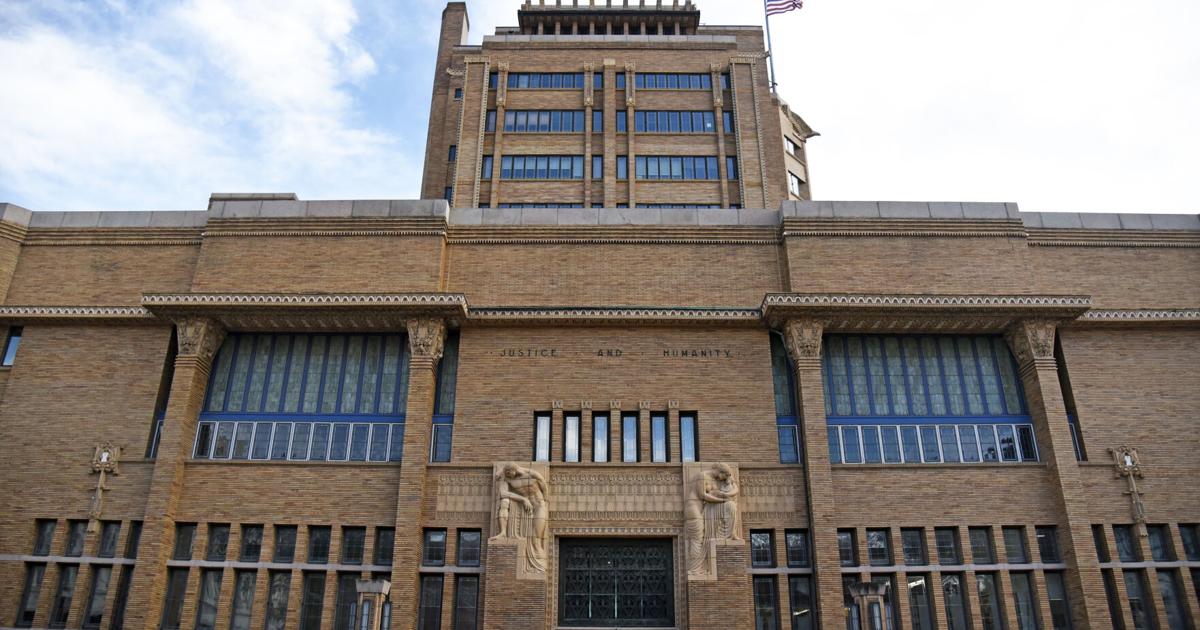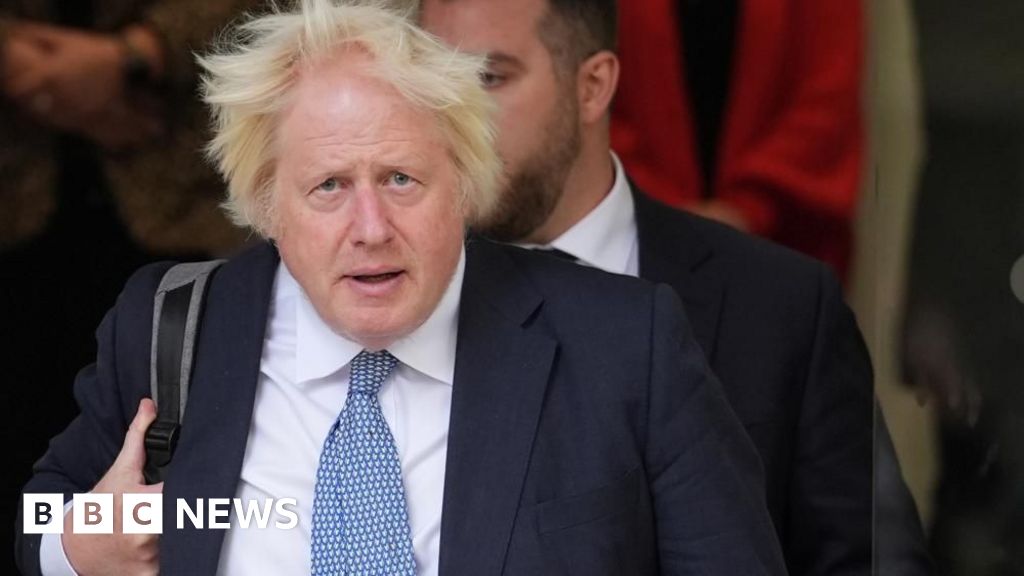Copyright The Boston Globe

To some extent, such partisan decision-making is always a feature of shutdowns, though few politicians say so out loud. But in what’s becoming a well-worn tactic, Trump is also testing the boundaries of the administration’s legal authority to make funding decisions, and some say he is crossing that line. It amounts to a shutdown whose effects are hard to predict, as the administration has so far found money to cover its priorities, such as funding the military, while it has also sought to make life more difficult in blue states. “Can you spell ‘retribution’?” Virginia Democratic Senator Mark Warner said when asked what he makes of the administration’s choices. “Unprecedented picking and choosing. If anything, it feels like it’s trying to inflame Democrats.” The law itself covering shutdowns is relatively short. It offers an exception in the case of lapses in appropriations “for emergencies involving the safety of human life or the protection of property.” That provision has over the years been interpreted differently by administrations to determine which government functions, like air traffic control, can continue to operate normally with unpaid workers, and which have to close and furlough staff. Programs such as Social Security and Medicare that are not paid for in yearly funding bills do not shut down, though presidents have made different choices about which ancillary pieces of those programs, like customer service, are also kept open. Shutdowns usually arise when the political parties are in a stalemate, and this one is no exception. Democrats have voted multiple times against a short-term funding extension supported by Republicans, they say because Republicans must negotiate to extend COVID-era Obamacare subsidies for health insurance and give ironclad promises that the Trump administration will spend the money they appropriate as directed. Both sides expect the other to cave as public pain mounts — which gives the White House added incentive to use the shutdown to advance its agenda. In 2013, then-President Barack Obama had the national parks and historic sites closed, which Republicans decried as a pressure tactic designed to create pain for the public. In 2018 and 2019 and during this shutdown, amid fears Republicans could be blamed for the negative effects of a shutdown, Trump has kept parks open, though with minimal staffing. Charles Kieffer, a longtime government funding expert who worked in the Office of Management and Budget for multiple administrations and for Senate appropriators, said the administration’s moves to fire workers, to continue to approve permits for fossil fuel projects, and to use money set aside for research and development to pay troops cross a legal line. “Yes, OMB has the discretion to make these judgments, but they’re clearly stretching the law well beyond precedent, and in some cases, like the military pay one, I think they’re breaking the law,” Kieffer said. The firings have been temporarily blocked in court. The administration has been actively managing the cascading effects of the shutdown in what Vought last week called “playing budgetary twister” during an episode of the “Charlie Kirk Show” podcast. Trump has called the shutdown an “unprecedented opportunity” and encouraged his budget director to attempt to fire federal workers through “reductions in force.” To keep its chosen programs and priorities afloat, the administration is taking from other pots of money. Military pay is coming from funds for research and development. Critical supports for low-income Americans such as food stamps and the Special Supplemental Nutrition Program for Women, Infants and Children have been running on reserve funds, and WIC has been supplemented by tariff revenue, though the administration is warning the money will run out in coming weeks. The White House is reportedly looking for ways to pay air traffic controllers to avoid chaotic flight delays that contributed to ending previous shutdowns. Other impacts have rolled out over time, designed to pressure Democrats. On Monday, the administration furloughed staff that manage the nation’s nuclear weapons stockpile. The Department of Energy canceled grants for clean energy projects, including in New England. On Friday, Vought announced that Army Corps of Engineer projects in primarily Democratic states would be canceled, jeopardizing funding for the Cape Cod bridges. “OMB is making every preparation to batten down the hatches and ride out the Democrats’ intransigence,” the office posted on X last week. “Pay the troops, pay law enforcement, continue the RIFs, and wait.” Democrats have decried Trump and Vought’s moves as illegal. Massachusetts Senator Elizabeth Warren called out in particular layoffs that would jeopardize federal support for students with disabilities. “This is flatly illegal,” Warren said. “Donald Trump should care about everyone in this country: shutting down the office in the Department of Education that helps out kids with special needs because he recognizes that Democrats care about those kids is just cruel.” Republicans, meanwhile, say Trump is making choices that prioritize national security and key personnel. “The choices to pay people, I think, are fantastic,” said Missouri Republican Senator Josh Hawley. “I just urge them to use all the flexibility they have, whatever they have, to try and pay as many law enforcement, military. . . . These folks are on the front lines, literally risking their lives.” Many Republicans also argued that Democrats could avert any shutdown consequences by voting for the funding extension. Whenever the shutdown ends, however, some fear the damage will be lasting — as Trump predicted. Max Stier, president of the Partnership for Public Service, a good governance group that also advocates for civil servants, worries that even if courts eventually find some of Trump’s actions illegal, federal employees may move on to other jobs anyway and programs will be hard to restart. “It really is like a real estate developer who cuts down the old growth forest and says, ‘Sue me,’ and by the time you have the litigation resolved, it’s too late — the trees are gone,” Stier said. “And I think that’s what’s happening to the federal workforce as well.”



